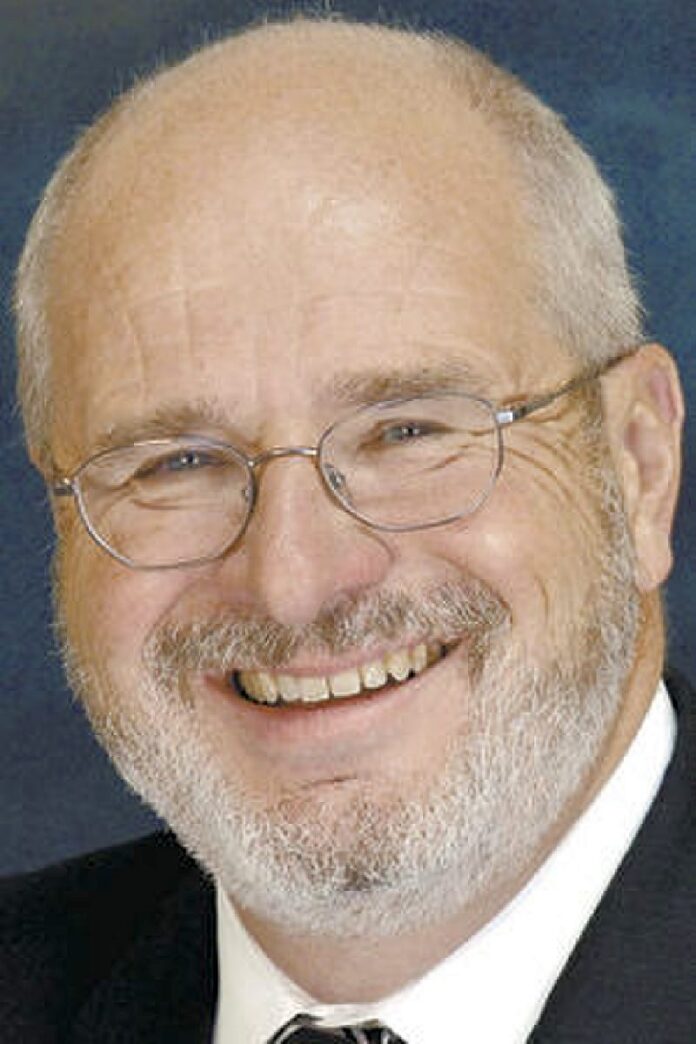ST. LOUIS, Missouri — The bar’s closed.
A nondescript mustard-colored building at the edge of the Saint Louis University campus, its windows and doors are boarded up. The name — Humphrey’s — remains, like a name etched on a tombstone.
The sight saddens me.
Long, long ago, when I was a young graduate student, I spent a fair amount of time here.
In those days, many of the graduate school classes were offered in the evenings, for several reasons. Those of us who were teaching fellows taught undergraduate classes during the day. Others attending graduate school while working could take classes while holding down jobs.
After a night class ended, we often would wander over here to continue the discussions or arguments that had begun in the classroom. Both the beer and the burgers were cheap, and the waitstaff never hurried along those of us who had mastered, for reasons of personal economy, the art of nursing a single beer for three hours.
What made the place fun was that it wasn’t just one class that got out and came over here. Aspiring philosophers, historians, sociologists, political scientists and literary scholars, among others, found their ways over to Humphrey’s as the night took shape. The conversation expanded with them.
Looking back, lord, could we be earnest.
Some of that must be attributed to the fact that many, perhaps even most, of us came from working-class backgrounds. Education and its passport into a world of ideas promised us so many things — advancement, respect, security.
Most of all, liberation.
That made us impassioned.
I remember one night here when a bright, lovely female literature student and I debated for hours at a table in the corner whether Marcel Proust or William Faulkner was the greater writer. She took Proust’s part. I, an American Studies student who worshiped at the altar of the 20th century’s great Southern writers, carried the flag for Faulkner.
The argument was difficult to resolve, because she had not read Faulkner and I, at that time, had not read any Proust. (The long discussion prompted me to start reading him.)
But winning the debate was beside the point. For young people serious about life and thought and short of both time and money, arguing about books was an expedient way to flirt.
There also were moments of comic relief.
I remember one evening here spent in the company of a handful of Jesuit seminarians. When I arrived at the bar, they were several drinks ahead of me. They expanded their lead as the night wore on.
They took it as their mission to educate me, a Protestant lad from a small Baptist college in Indiana, on some of the finer points of Catholic doctrine.
One extended tutorial from the evening involved explaining to me, in detail that was both illuminating and hysterical, the difference between a vow of celibacy, which they’d had to take when they entered the seminary, and a vow of chastity, which awaited them. (Look it up and you’ll see why the distinction mattered so much to them.)
I look at the old bar’s boarded windows and doors and I think of the people who gathered at these tables. All oldsters now, far removed from those days of wrangling far into the evening, we’ve scattered. Many I haven’t been in touch with for years.
But I still miss them.
We thought of these times at Humphrey’s as a respite, a chance to pass some time and blow off steam. The real intellectual work, we thought, was the reading and research we did.
Now, I think differently.
The times in this old bar taught me that ideas can’t be trapped in classrooms or even in books. No, ideas live in laughter, in arguments, in flirting and in fun, too.
I stand in front of an abandoned mustard-colored bar. I recall the smiling face of a young woman counseling me that I needed to read Proust; the raucous guffaws of Jesuit seminarians as they lectured me about their faith; and so many other people.
So many other moments.
So many other lessons.
I smile.
The bar’s closed, but the conversation lingers.
John Krull is director of Franklin College’s Pulliam School of Journalism and publisher of TheStatehouseFile.com, a news website powered by Franklin College journalism students. Send comments to [email protected].




